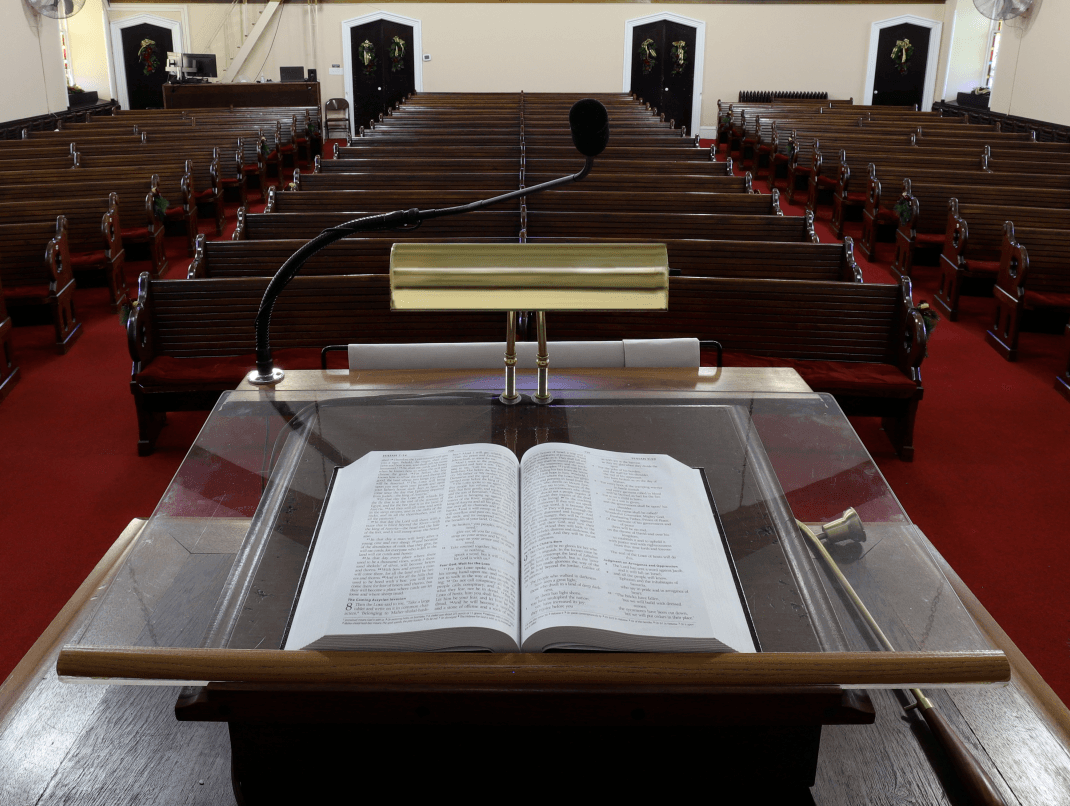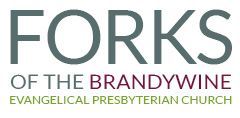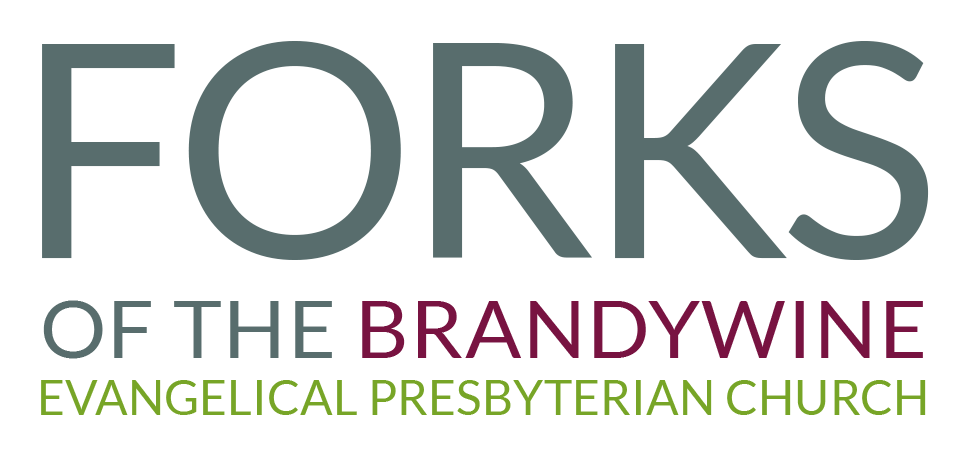St. John Chrysostom’s Nativity Sermon
The Shephard's Song

One of the most interesting literary remains from the early church are the sermons that have come down to us. The earliest known Christmas sermon that we have today was preached over sixteen-hundred years ago by Saint John Chrysostom in 386 A.D. He could not have dreamed that you and I would have this sermon all these centuries later! The sermon was preached in the city of Antioch, which is in modern-day Turkey. This is the same Antioch where the Apostle Paul and Barnabas ministered in the Book of Acts. Chrysostom preached this sermon on the first Christmas of his first year in ministry. This sermon is a treasure, and I would like to share it with you. The following is an edited excerpt of the oldest surviving Christmas sermon in the history of Christianity.
St. John Chrysostom’s Nativity Sermon
Behold a new and wondrous mystery. My ears resound to the Shepherd’s song, piping no soft melody, but chanting full forth a heavenly hymn. The Angels sing. The Archangels blend their voice in harmony. The Cherubim hymn their joyful praise. The Seraphim exalt His glory. All join to praise this holy feast, beholding the Godhead here on earth, and man in heaven. He Who is above, now for our redemption dwells here below; and he that was lowly is by divine mercy raised…. What shall I say to you; what shall I tell you? I behold a Mother who has brought forth; I see a Child come to this light by birth. The manner of His conception I cannot comprehend. Nature here is overcome, the boundaries of the established order set aside, where God so wills. For not according to nature has this thing come to pass. Nature here rested, while the Will of God labored. O ineffable grace! The Only Begotten, Who is before all ages, Who cannot be touched or be perceived, Who is simple, without body, has now put on my body, that is visible and liable to corruption. For what reason? That coming amongst us he may teach us, and teaching, lead us by the hand to the things that men cannot see…. For this He assumed my body, that I may become capable of His Word; taking my flesh, He gives me His spirit; and so He bestowing and I receiving, He prepares for me the treasure of Life. He takes my flesh, to sanctify me; He gives me His Spirit that He may save me. Come, then, let us observe the Feast. Truly wondrous is the whole chronicle of the Nativity. For this day the ancient slavery is ended, the devil confounded, the demons take to flight, the power of death is broken, paradise is unlocked, the curse is taken away, sin is removed from us, error driven out, truth has been brought back…. Why is this? Because God is now on earth, and man in heaven; on every side all things commingle. He became Flesh. He did not become God. He was God. Wherefore He became flesh, so that He Whom heaven did not contain, a manger would this day receive…. To Him, then, Who out of confusion has wrought a clear path, to Christ, to the Father, and to the Holy Spirit, we offer all praise, now and forever.
Amen.
The Pastor's Pen





